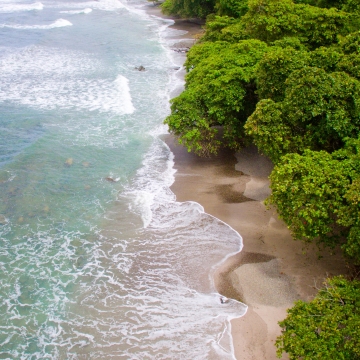Peak Load Pricing and Welfare Effects of Policy Changes for National Parks in South Africa
The purpose of this study is to estimate the optimal entrance fees that should be charged during peak and off peak periods and derive welfare outcomes of selected policy changes in selected clusters

